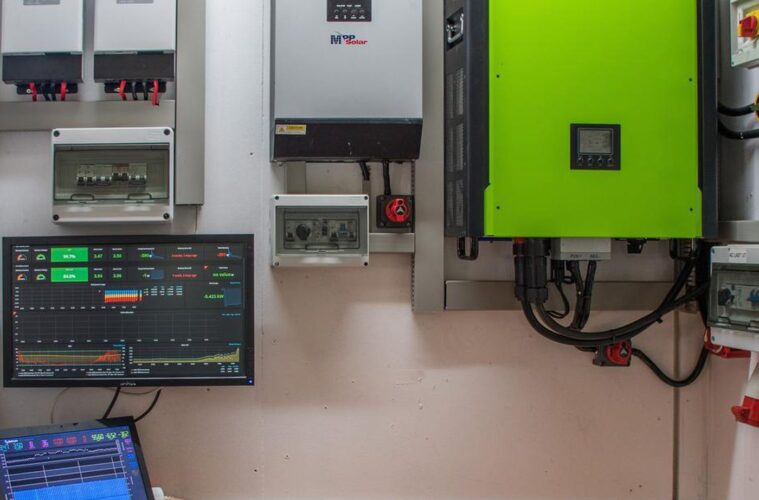It used to be the case that homeowners who lived in areas with frequent power outages had just one option if they wanted to keep the lights on and the power flowing to their devices and appliances: they bought backup generators. Now, some homeowners are opting to purchase battery backups instead. Is this really a better solution, though? It depends. Read on to find out what factors influence whether a battery backup or a generator will be a better fit.
Cost Comparison
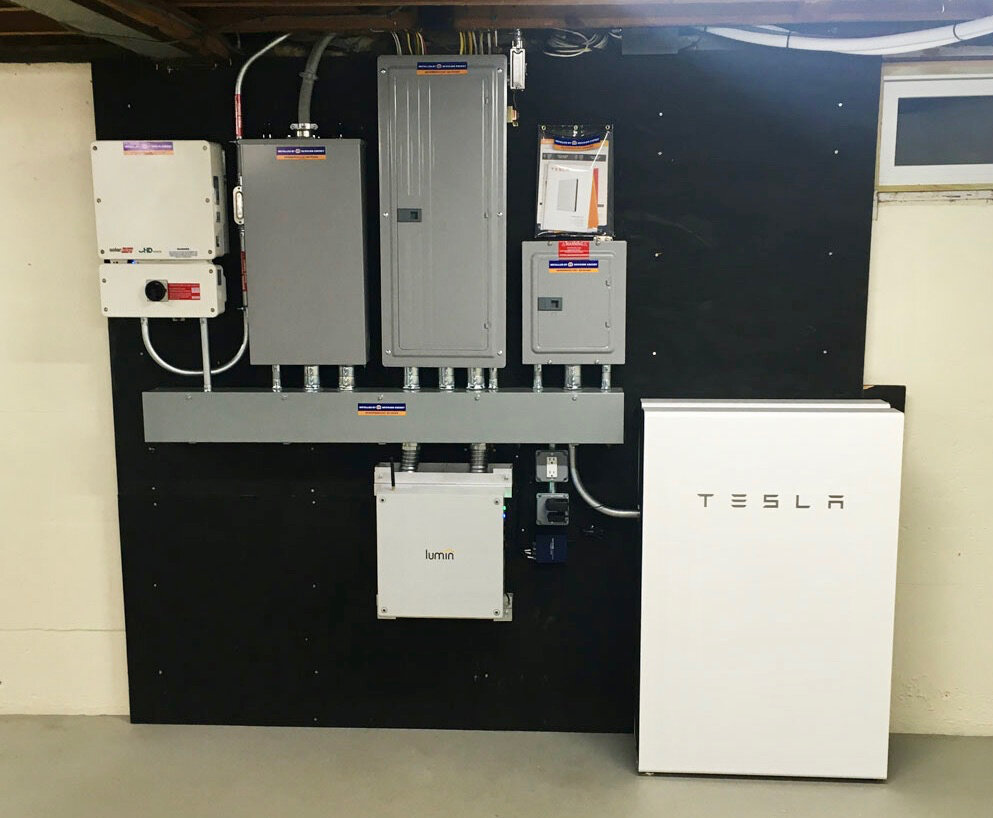
source: luminsmart.com
Buying a home battery is undeniably more expensive than purchasing a backup generator. Expect to pay between $10,000 and $20,000 for a battery backup that will offer sufficient power. A generator that will power a standard-sized home typically costs between $3,000 and $5,000.
Keep in mind that the upfront investment isn’t the only cost homeowners need to consider. Generators need fuel to keep them running, and the cost of purchasing fuel adds up. Backup batteries, on the other hand, can be paired with solar panels to supply them with free renewable energy, saving tens of thousands of dollars on electric bills over the lifespan of the system.
Fuel Supply
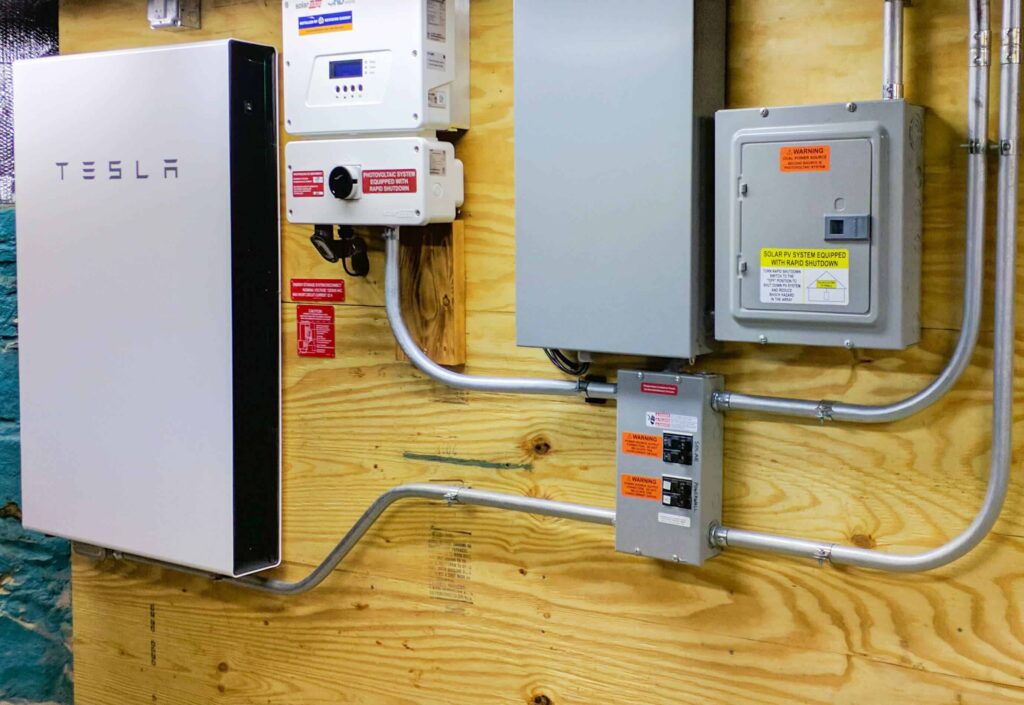
source: revisionenergy.com
Generators can be powered by diesel, propane, or natural gas. In some cases, they can be hooked up to the municipal grid’s existing natural gas lines, but otherwise, they need to be refueled to keep them running.
Home backup batteries run off electricity, which can be supplied by either grid power or rooftop solar systems. If there are problems with supply lines, batteries hooked into solar panels will continue to produce power, while generators will stop working as soon as the fuel runs out.
Power Load
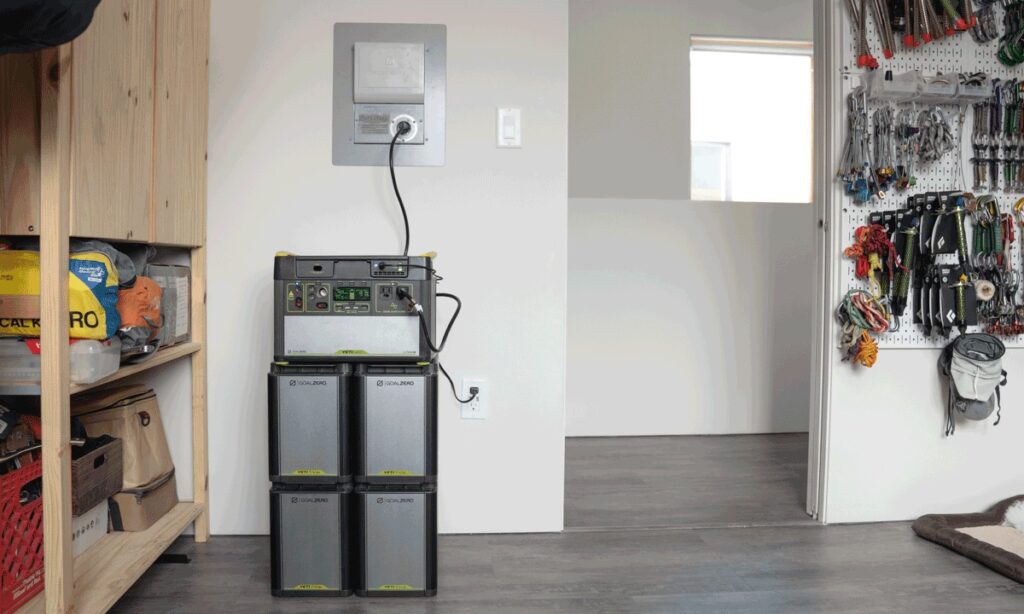
source: cloudfront.net
Homeowners need to consider their families’ power needs during outages. If they just want to keep the lights on, use small appliances, and charge electronics, even a small backup battery will do the trick. If they want to run energy-intensive equipment like sump pumps, electric heaters, and clothes dryers, a backup generator may be a better bet. Larger backup batteries are also available that can power entire homes, but they’re more expensive.
Maintaining the System
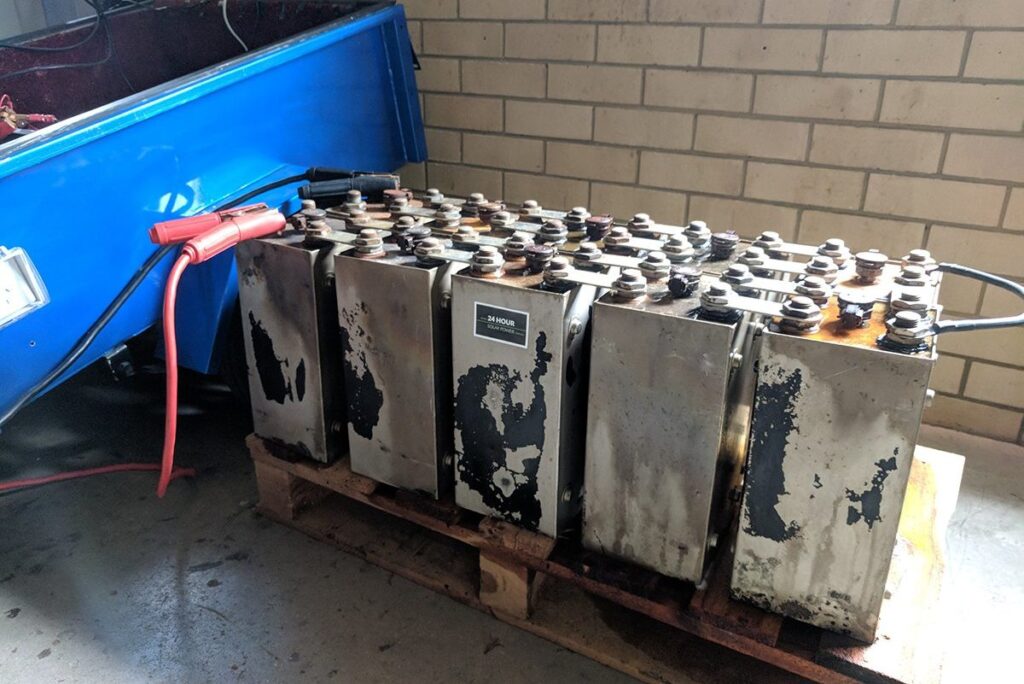
source: permaculturenews.org
Generators require more maintenance than backup batteries. They need to be refueled frequently, which requires leaving the home to purchase fuel and put it in the tank and should be inspected regularly to ensure that they will work as intended when they are needed. Backup batteries require very little maintenance and as long as homeowners buy from reputable vendors, they shouldn’t have to worry about whether batteries will fail when they are needed most.
Environmental Considerations
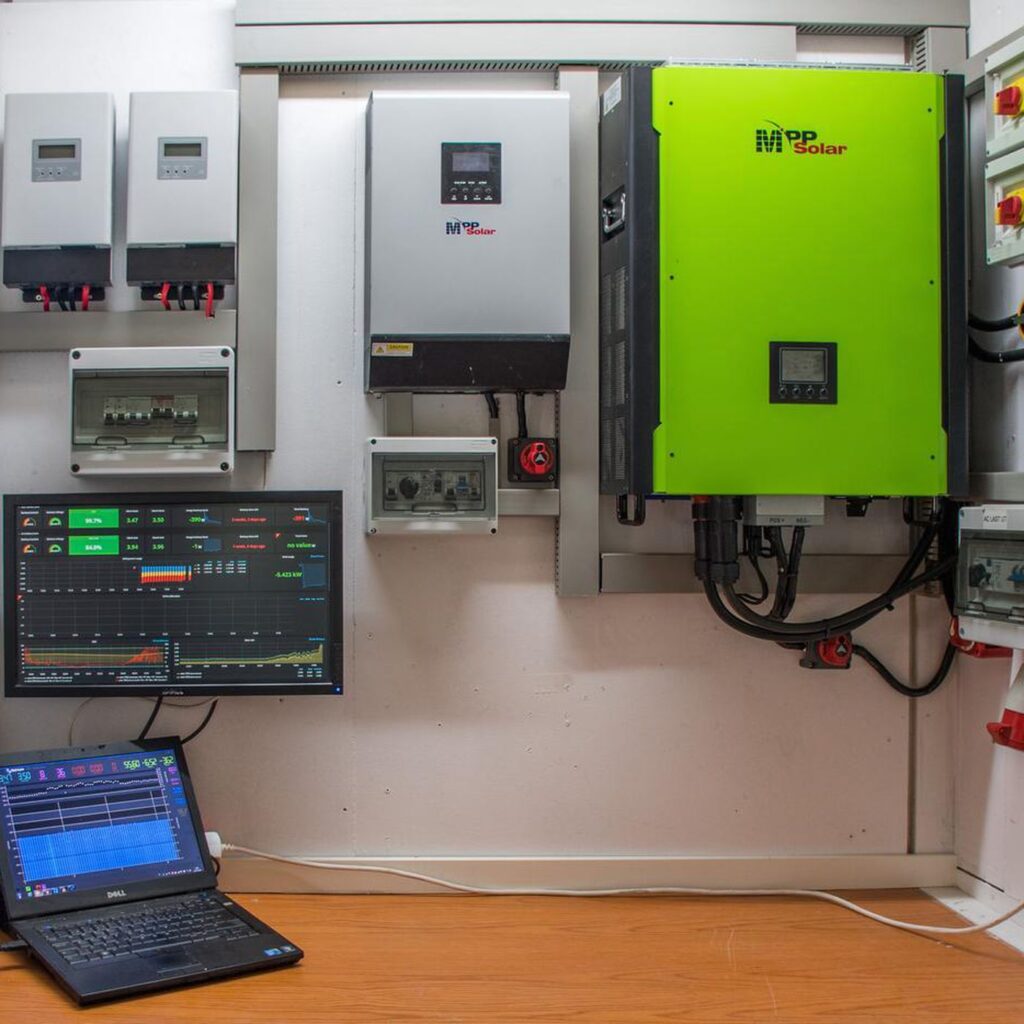
source: curbed.com
Generators run on fossil fuels. Burning propane, diesel, and gas creates polluting emissions that are dangerous to both the local ecosystem and the health of the home’s inhabitants. Backup batteries do not generate emissions, and when they are integrated into solar panel systems, they help to produce clean renewable energy. That’s a huge benefit to the environment and it means homeowners don’t have to worry about their families’ health and safety.
The Bottom Line
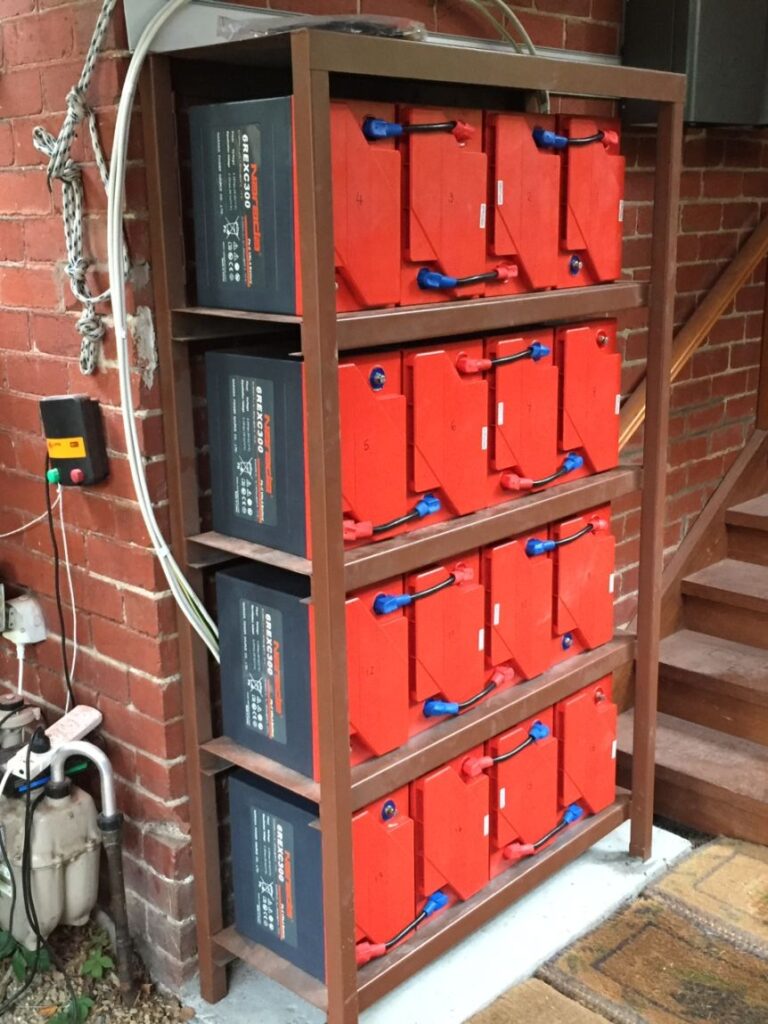
source: abc.net.au
Backup generators are a good budget option for homeowners who can’t afford to invest in battery banks large enough to supply 100% of their power needs. Backup batteries provide cleaner, quieter power that can be replenished using solar panels instead of fuel, saving homeowners money in the long run. Those who are still having trouble making a decision should contact a specialist who can help them evaluate options.

